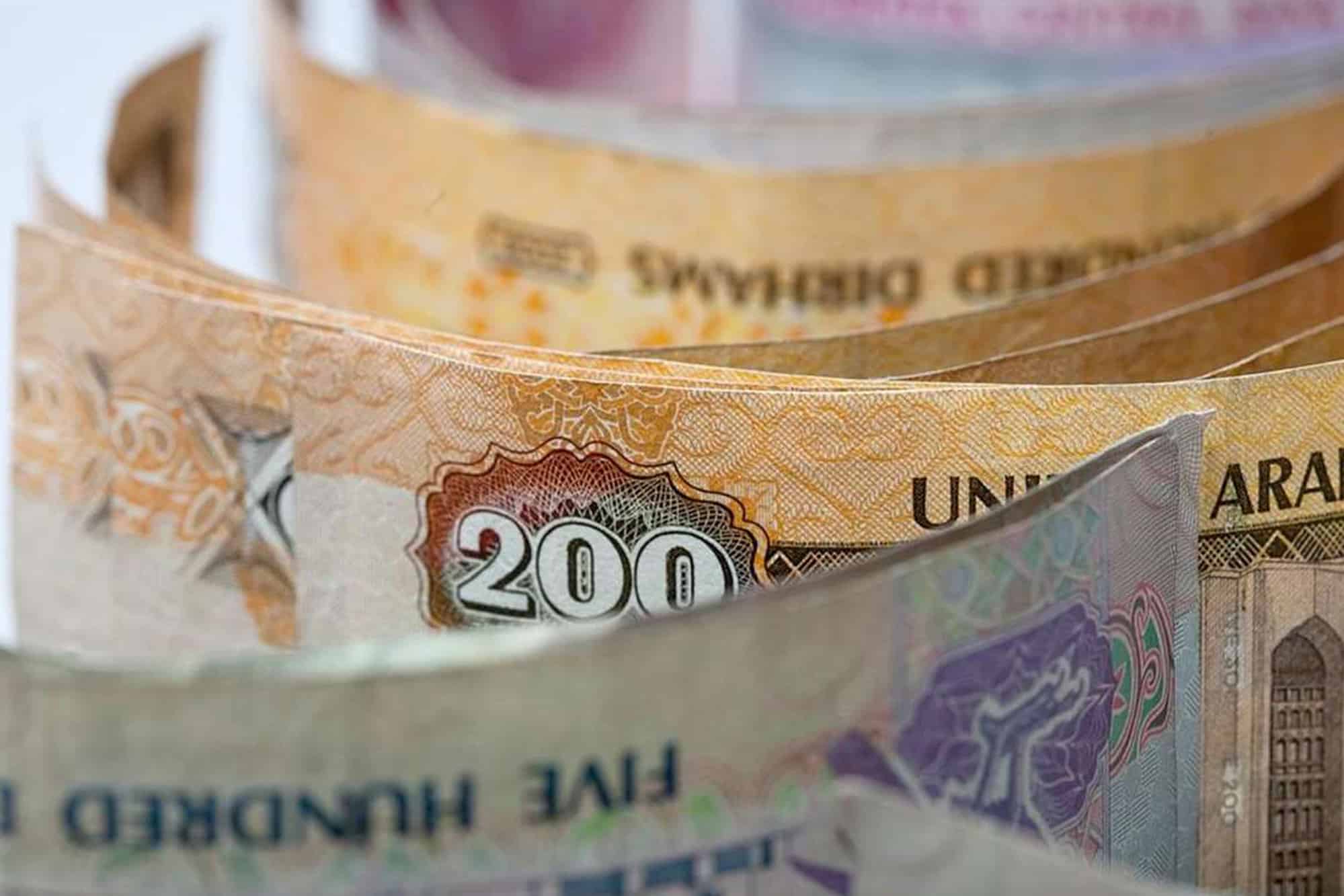The UAE Ministry of Economy defines money laundering defined as any financial or banking transaction aimed at concealing the identity of illegally obtained funds by passing them through the financial and banking system in order to make them appear as originating from legitimate sources, and then re-pumping and investing them in a legal manner contrary to their real nature. Money laundering is considered a serious offense in the UAE and the government has come up with various measures in order to ensure the transparency of transactions in the DNFBP (Designated Non-Financial Business and Profession) sectors. As a part of it the Federal Law No. 20 of 2018 was introduced on Anti-Money Laundering (AML), Financing of illegal organizations, and Financing of terrorism in the UAE. The law and concerning executive regulations aim to transform UAE as a country in which criminals cannot carry out money laundering and terrorism financing operations, neither as a transit route to transfer proceeds originating from any criminal activity. The National Committee for Combating Money Laundering and Financing of Terrorism and Illegal Organisations (NAMLCFTC) in this regard has advised the law enforcement agencies and financial organizations to strengthen their procedures so as to curb the practice of money laundering in the UAE.
The Anti-Money Laundering regulation accordingly requires banks and other financial institutions in the UAE to follow strict KYC (Know Your Customer) guidelines including the verification of account details and transaction details for exchanges over $545 for account holders and $10, 900 for non-account holders. The Anti-Money Laundering Law further permits the authorities to allow illegal transactions so as to trace the flow of money through various financial structures and allows them to freeze any account that comes under their suspicion. The acts violating the regulations are criminalized with fines ranging from Fifty Thousand Dirhams to Fifty Million Dirhams depending on the severity of the crime. The law not only aims for the curbing of illegal fund transfers but also intends to implement fair competition between companies, restrict terrorist activities, curb illegal drug trafficking and thus decrease related crime rates.
The active partnership of the public as well as private sectors is demanded in order to curb money laundering in the UAE. Accordingly, the companies in UAE which are involved in trade transactions or earn interest from foreign companies are required to file for ESR within 12 months to avoid penalties. The investors are required to submit more information for high-risk activities like oil or gold trading and be careful while involving in cross-border trade with high-risk countries like Iran, Ghana, etc.
UAE is set to ensure safety and transparency in financial activities and the Anti- Money Laundering laws are an important move in doing so. Starting a business in Dubai requires updated awareness of the UAE laws and regulations. For the past 17 years, Flying Colour Business Setup has been helping clients set up their businesses in an easy and hassle-free manner. Please feel free to mail your queries at info@flyingcolour.com or contact us at +971 4 4542366.
To learn more about UAE is All Set to Fight Against Money-Laundering, book a free consultation with one of the Flyingcolour team advisors.
Disclaimer: The information provided in this blog is based on our understanding of current tax laws and regulations. It is intended for general informational purposes only and does not constitute professional tax advice, consultation, or representation. The author and publisher are not responsible for any errors or omissions, or for any actions taken based on the information contained in this blog.
